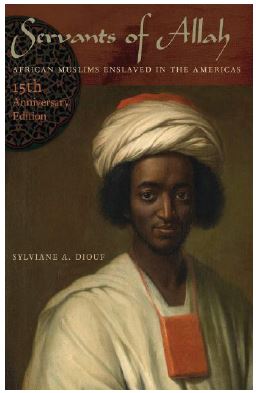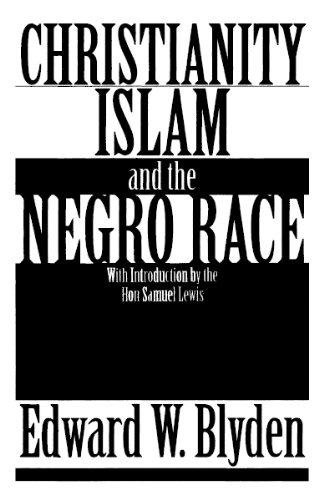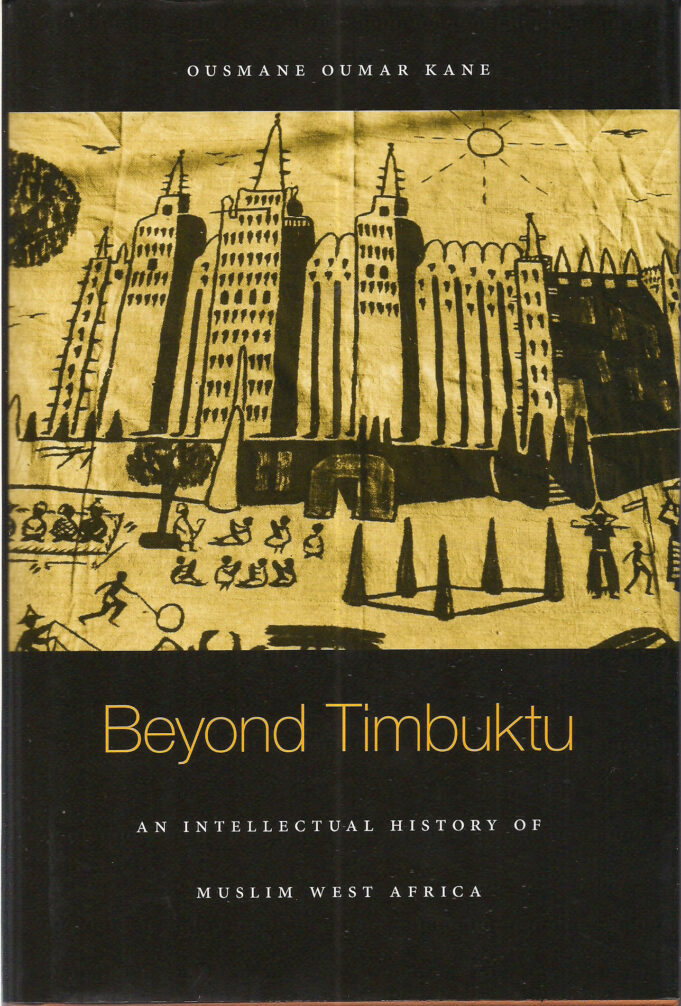
Islam’s history in Africa predates its spread in Arabia, let alone the neighboring countries of the Arabian Peninsula. Prophet Muhammad, Peace Be Upon Him, sent dozens of his companions to Abyssinia, now called Ethiopia, before the beginning of the Muslim calendar.
During the first century of the Muslim calendar, Islam spread from Egypt through the Red Sea and the East African coastal areas on one hand and from Egypt across the desert to the rest of North Africa on the other hand. It is from North Africa that it was introduced to West Africa across the Sahara.
“In contrast to its arrival in North Africa, where it (Islam) had been brought by invading Arabs, the spread of Islam in sub-Saharan Africa followed a mostly peaceful and unobtrusive path. Religious wars of jihad came late—in the eighteenth and especially in the nineteenth century—and Islam was diffused not by outsiders (except in the early years) but by indigenous traders, clerics, and rulers.

These carriers of faith were natives and therefore identified culturally and socially as well as ethnically with the potential converts,” writes Sylviane A. Diouf in her historic 1998 book, “Servants of Allah: African Muslims Enslaved In The Americas.”
A recent virtual panel discussion sponsored by the Muslim advocacy group Emgage and hosted by Salima Suswell, the organization’s senior organizing advisor, who holds the distinction of being the first Muslim woman to be appointed to the Pennsylvania Commission for Women. The theme of the discussion was “Honoring the legacy of Black Muslims.”
Ms. Suswell went out of her way to send apologies to Min. Louis Farrakhan—who once prayed at Prophet Muhammad’s grave site, asking Allah to give him a double portion of the Prophet’s spirit—for not having a member of the Nation of Islam represented. The panelists included Cleveland, Ohio city councilman Bashir Jones, whose Master’s thesis focuses on “The Nation of Islam as the greatest Muslim movement in American history.”

According to Councilman Jones, who plans to be a candidate in the upcoming race for mayor, “We live in this culture (where) we’re trying to designate what kind of Muslim deserves to receive recognition.”
Councilman Jones challenged “this perspective of who is and who isn’t a Muslim.” He said, “Let me be crystal clear, the Nation of Islam was absolutely necessary.” He added, if not for the NOI doing its work in urban neighborhoods across America, Islam would not have the force it wields today. He said a Muslim’s school of thought is between them and Allah (God). “But what we do know is we stand on the backs of those who dedicated their lives for the establishment of this religion. And we should be extremely thankful.”
In the winter of 1964 edition of Horizon magazine, in a piece titled: “The Black Muslims,” taken from a larger study supported in part by the National Institute of Mental Health, Princeton University professor of sociology, specializing in race relations and Islam Morroe Berger wrote, “Although there have been Islamic revival movements among American Negroes for many years, it is only recently that one of them (NOI) has attracted wide attention.”

Beginning in Africa and then on to the American slave plantation, Morroe said, “I believe that the age of world-conquering religious movements is over, yet I believe also that the Black Muslims have set in motion the kind of ideological wave which, in the past has engulfed worlds.”
On Islam, he introduces, Edward W. Blyden, the West Indian scholar and author of the 1887 book, “Christianity, Islam and the Negro Race.” Fluent in Arabic Blyden, Morroe writes “was so convinced that Islam was better for Africans than Christianity that he felt obliged to leave the Christian ministry.
This act and the convictions that led to it, along with Blyden’s appointment as supervisor of Muslim education in Sierra Leone, persuaded many people that he had himself become a Muslim. He had not, but American Presbyterian circles were dismayed anyway.”
Blyden’s work, which should be required reading, created an uproar in missionary circles and the wider public and Blyden’s Islamic preference and the question of the suitability of Islam or Christianity for Africans were very much commented and discussed.
The consequences of the slave trade, Morroe writes, meant many captured Africans that became slaves came from “the western coast from the Senegal River down to Angola and a few hundred miles inland.” Morroe says, though he’s not aware of the percentage, just by way of the region they were captured, “many of the slaves brought to the United States were Muslim.”
Morroe writes as if NOI members are right. “… that the Africans were stripped of Islam, that there is a conspiracy to keep the whole subject from coming to light … .”
One thing that has never received much documentation is Muslims as “incorrigible.” According to Morroe, “Muslim slaves, as must have been known at the time, were especially incorrigible in Brazil, where they fought not only against the masters but other slaves who refused to adopt Islam, and in the 17th century were able to maintain intermittently their own armed community, known as the Palmares Republic, while the colonialists were busy staving off Dutch invasions.”
Morroe believes European knowledge of “these proclivities of Muslim Africans may have limited the number brought to America as slaves.”
Blyden, who arrived in Africa around 1850 “when oral tradition was still fairly reliable” insisted Morroe, saw Islam was a protection, if not a guarantee, against slavery, Morroe insisted.
Note: This “oral” argument has been taken to task, according to Ousmane Kane, Prince Alwaleed Bin Talal, Harvard professor of Contemporary Islamic Religions and Society, in his 2017 book “Beyond Timbuktu: An Intellectual History of Muslim West Africa:” “More than anything else,” he said during a 2017 interview, “this is embodied in a long literary tradition in the Arabic and in African languages written with the Arabic script.
Unfortunately, this literary tradition has been obscured by Western discourses of the past century that tended to represent black Africa essentially as a continent of orality. In doing so, these discourses have obscured its literary tradition.”
“The introduction of Islam into Central and West Africa,” Blyden wrote in The Methodist Quarterly in 1871, “has been the most important if not the sole preservative against desolations of the slave-trade. Mohammendanism furnished a protection to the tribes who embraced it by effectually binding them together in one strong religious fraternity, and enabling them by their united effort to baffle the attempts of powerful pagan slave hunters.”
Islamic influence in Black America came from several sources including a Black Egyptian Muslim named Duce Mohammad Ali, who was mentor to Marcus Mosiah Garvey, the leader of the 1914 established Universal Negro Improvement Association.
Morroe, during his interview of NOI patriarch Honorable Elijah Muhammad, said that there had never been any affiliation with the 1913 established Moorish Science Temple under the leadership of Noble Drew Ali.
Concerning the men that belonged to the NOI or the Fruit of Islam (FOI), Morroe wrote, “They serve to impress Negro communities with the massed and ready power of the Muslims; they might even constitute, one day, a kind of internal police force within these communities, where they would fill the vacuum created by the willingness of the police in many cities to leave Negro districts to their own vice and crime so long as they do not spill over into the White areas.”
The Hon. Elijah Muhammad, who was required by his teacher to read 104 books, including the Holy Qur’an, on some aspect of the life of Prophet Muhammad, according to Morroe, once wrote of his teacher, Master Fard Muhammad, “I asked him: ‘Who are you, and what is your real name?’ He said: ‘I am the One the World has been looking for to come for the past two thousand years.’ I said to him again: ‘What is your name?’ He said, ‘My name is Mahdi, I am God, I came to Guide you into the right path.’ ”
Follow @jehronmuhammad on Twitter.













